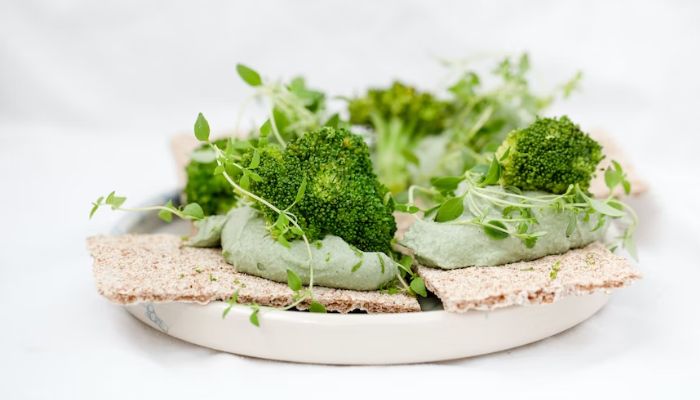This blue-green algae could replace beef for good
Because of its high levels of protein, iron, and vital fatty acids, spirulina algae is regarded as a superfood
December 18, 2022

Consider replacing your red meat with spirulina for a tasty and healthy dinner. A regular diet rich in blue-green algae, according to recent Israeli research published in the journal Marine Biotechnology, may improve your health and mitigate the effects of climate change at the same time.
Because of its high levels of protein, iron, and vital fatty acids, spirulina algae is regarded as a superfood.
Spirulina is a far healthier food option than beef and might replace meat in sustainable ways. It is grown in Iceland which according to the study's authors has the capacity to produce food in the future.
In addition to being more nutrient-dense than meat, spirulina also has a smaller environmental impact. Large areas of land are needed for grazing and feeding when raising cattle. Cows fart and spew hazardous environmental gases like methane when they feed on vegetation and grass.
According to estimates, producing one kilogramme of beef requires 340 square metres of productive land and 1,450 litres of water. A further 100 kilos of methane are released during the production of one kilogramme of beef flesh.
The authors of the study recommend spirulina as a suitable meat alternative. Spirulina is grown in tight, controlled systems away from the chilly Icelandic temperatures in a state-of-the-art facility in Iceland. Here, they are exposed to particular wavelengths of light. This biotechnology can be applied in various parts of the world and is resistant to changes in climatic and environmental circumstances.
According to the study, substituting Icelandic spirulina for one kilogramme of beef would save consumers 1,400 litres of water, 340 square metres of productive land, and close to 100 kilogrammes of greenhouse gas emissions.
This is due to the fact that spirulina is an autotrophic organism that obtains its energy from photosynthesis and carbon dioxide. By growing these algae, we may remove greenhouse gases from the environment and minimise the effects of climate change.
“Nutritional security, climate change mitigation, and climate change adaptation can go hand in hand. All consumers must do is to adopt a bit of Icelandic Spirulina into their meals and diets instead of beef meat,” said co-author Asaf Tzachor, a researcher at the School of Sustainability at Reichman University, in a press release.
“It’s healthier, safer, and more sustainable. Whatever change we wish to see in the world should be manifested in our dietary choices.”











